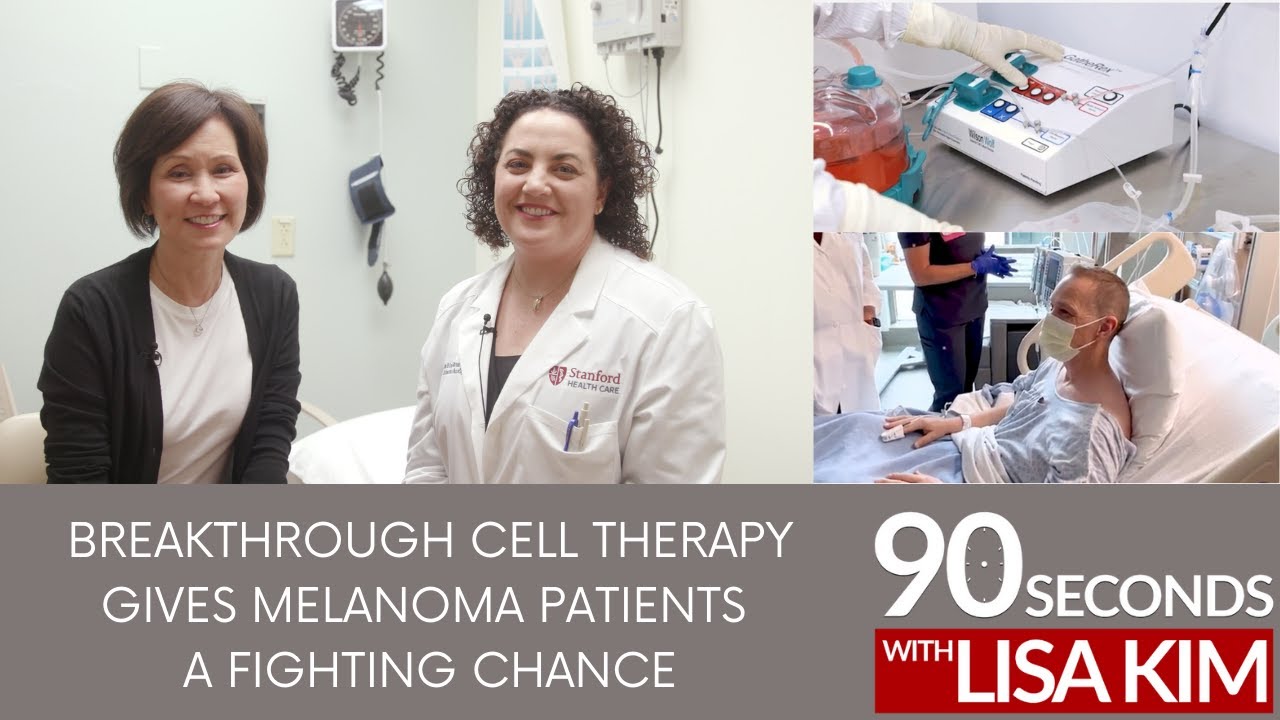NEW YORK (Reuters Health) – In women with metastatic breast cancer, a longer duration of chemotherapy is associated with a clinically meaningful and statistically significant improvement in time to progression and also a clinically modest but also statistically significant improvement in overall survival, results of a meta-analysis indicate.
“Chemotherapy should be administered until new disease progression is detected,” Dr. Alessandra Gennari, from Galliera Hospital, Genoa, Italy, wrote in an email to Reuters Health.
In reality, “the long term administration of full doses of chemotherapy (i.e., until progression), may not be feasible and can probably be considered an outdated approach in modern oncology,” the researcher noted.
“It is possible that patients after a few full-dose courses of chemotherapy could be switched to more tolerable chemotherapy schedules and agents: this is what sometime happens in clinical practice, but is unfortunately without evidence from clinical trials,” Dr. Gennari added.
In women with metastatic breast cancer, the number of administered cycles is generally based on how the patient responds and how well they tolerate treatment, as well as physician preference, the researchers note in the Journal of Clinical Oncology, online April 4.
Dr. Gennari and colleagues combed the literature for randomized controlled trials that compared shorter with longer chemotherapy durations in the first-line treatment of metastatic breast cancer. They netted 11 relevant studies involving a total of 2,269 women that met their inclusion criteria.
The number of cycles of chemotherapy in the standard-duration groups (controls) ranged from 3 to 8 while the number of maintenance cycles ranged from 6 to continuing until disease progression or unacceptable toxicity.
Data analysis showed that longer first-line chemotherapy duration was associated with a statistically significant 9% reduction in the risk of death as compared with shorter duration first-line chemotherapy (hazard ratio, 0.91; P = 0.046).
Longer as opposed to shorter chemotherapy was also associated with a 36% reduction in the hazard of progression (hazard ratio, 0.64).
There was evidence, the researchers note, that the benefits of extending chemotherapy are independent of the type of chemotherapy, number of cycles in the shorter arm, and concomitant endocrine therapy.
“Although we are in the era of targeted therapies,” Dr. Gennari commented, “chemotherapy is, in any case, the backbone of the treatment of metastatic breast cancer. It should also be considered that sooner or later all metastatic breast cancer patients will require chemotherapy administration (in some upfront, in others after failure of target therapies, endocrine, etc).”
The findings in the current meta-analysis, Dr. Gennari and colleagues say, confirm those of a similar one performed 7 years ago and thus “support a policy of prolonging treatment until disease progression, in the absence of unacceptable toxicity.”
In an accompanying editorial, Dr. Andrew D. Seidman of Memorial Sloan-Kettering Cancer Center in New York, makes the point that while this meta-analysis argues in favor of the ‘longer is better’ approach, this is the point in the clinic when the art of medicine intersects with the science of medicine.”
Dr. Seidman favors an individual approach and encourages open dialogue between patient and oncologist regarding risks and benefits of a longer first-line chemotherapy duration or a treat-to-progression approach for metastatic breast cancer.








